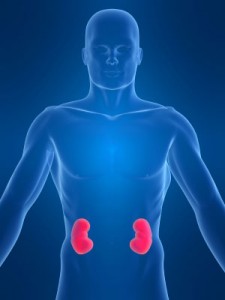I found this article on the illegal trafficking of kidney organs to be very interesting, since in 2010 about 88,000 individuals required a kidney transplant.
The article begins with an elaborate and engaging story about a man from Athens, Greece traveling to Delhi, India in order to save his life by receiving a kidney transplant. The story continues by explaining how the man ended up in what basically was a kidney hospital/hotel, with entertainment for patients for the duration of their stay. He was initially on dialysis until the operation eventually got scheduled. If you have kept up with the show ‘Desperate Housewives’, you would know that one of Susan Delfino’s kidneys had to be removed due to a trampling incident that caused her kidneys to burst, and she too had to go on dialysis.
The kidney is a vital organ that allows us to filter out the excess water and toxins from our blood. When the kidney fails, often from the result of other problems such as diabetes and high blood pressure, western medicine suggests a treatment method called dialysis. Dialysis allows the blood to go through a cleansing process at least three times a week. The treatment includes side effects such as itching, fatigue, and risk of infection.
The article continues by explaining that the head surgeon, Amit Kumar who doesn’t have a formal training degree in western medicine, built the worlds largest kidney trafficking rings. His clients come from Greece, Turkey, the Middle East, Canada and the US. According to CBI investigator Rajiv Dwivedi, Kumar is India’s foremost kidney surgeon. He has made so much money that he has been able to finance Bollywood movies and fend off extortion threats from the Mumbai mafia.
I have very conflicting feelings about this article. I don’t know whether to feel happy that people in need are getting kidneys, or to feel upset about the corruption in India. The article went on about Kumar’s trial in court and how there was not sufficient evidence to detain him longer. It was interesting to learn about the politics of scientific practices, and I feel that the health care system needs to be more efficient in order to provide this service openly rather than through underground organ trafficking.

